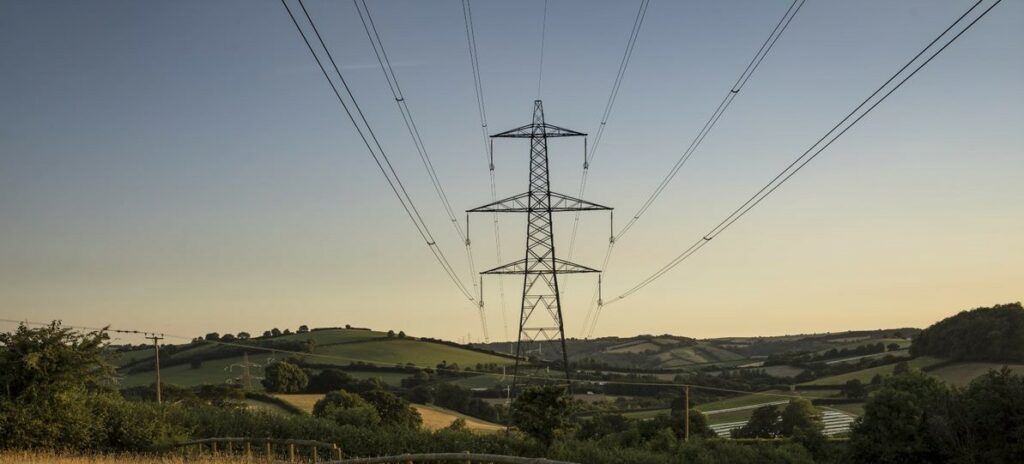National Grid has called for a “fundamental step-change” in the scale and pace of delivering a new electricity network infrastructure so as to gain a competitive advantage in the international race for clean investment.
Grid upgrades are “crucial” to support the growing demand for electricity, expected to rise by 50% by 2035, following increased uptake for electric vehicles (EVs) and electric heating systems, said National Grid.
Investing in electricity networks offers substantial economic benefits, continued the electricity transmission network operator, such as the ability to contribute an average of £18.4 billion to GDP, as well as supporting 220,000 jobs per annum between 2024 and 2035.
To unlock this potential, National Grid has released a briefing outlining five priority areas which require action so that the UK might maintain its “competitive advantage.”
1. Planning system reform
National Grid has called to reform the UK’s planning system so that is centred around a strategic clean energy vision.
This includes:
- Finalise the National Policy Statement by summer 2023 – to provide clarity and authority over the urgent need for energy related Nationally Significant Infrastructure Projects (NSIPS).
- Streamline the consenting process for major energy projects – including shortening decision timescales as well as increasing resourcing and capability for planning bodies and statutory consultees.
- Build a Strategic Spatial Energy Plan by 2025 – providing and authoritative evidence base detailing what needs to be built, when and where to deliver 2035 targets.
2. Ensure regulatory and governance framework is fit for purpose
To achieve this, National Grid has suggested:
- Review the current suit of regulators’ objectives and duties – this is to clarify roles and responsibilities across institutions responsible for the energy transition.
- Wholly embed anticipatory investment and resilience into regulatory framework – to attract the private capital required to deliver the scale of network investment required. Enabling Ofgem to approve investment on a rolling basis to accelerate network capacity.
- Maintain pace in building a competitive market for major transmission network capacity
3. Transform the renewable energy connection process
To help accelerate the connection of renewable generations sites to the grid, National Grid suggested:
- Replace the ‘first come, first serve’ to ‘connect or move’ process – this would impose a tighter threshold for generation sites, shifting projects that can’t connect in favour of those that can.
- Develop strategic capacity hubs – for a more coordinated approach with capacity needs identified using a spatial plan.
- Create a fast-track route for critical net zero projectsPrioritise communities and consumers
4. Prioritise communities and consumers
To achieved a energy system fit for the future, the fourth suggestion from National Grid is to put communities and consumer sat the forefront of the transition.
This includes:
- Deliver a community benefits framework – rewarding communities local to net zero infrastructure.
- Accelerate the development of new Regional System Planners – ensuring they are locally-based and able to develop regional plans across energy sectors.
- Drive demand flexibility – through retail market reform whilst ensuring vulnerable households are protected.
5. Develop supply chain capacity and UK skills pipeline
This includes:
- Build amore collaborative and flexible approach to securing supply chain capacity – this could include standardising procurement and technical standards across the UK and European networks.
- Deliver a targeted package of incentives – to attract clean energy manufacturers and training providers.
- Publish an annual net zero workforce report – ensuring the educational and training system is equipped to support the future skills pipeline.
“Decarbonising the power system by 2035 requires a fundamental step-change in the scale and pace of delivering new electricity network infrastructure,” noted the briefing overview.
“Network investment is critical to connect the significant volumes of new low carbon power generation required over the next decade and beyond and to support the expected 50% increase in electricity demand.
“There is no time to lose. The UK is in an international race for clean investment and must maintain its competitive advantage in designing and implementing policy and regulatory frameworks that attract and galvanise private sector investment.”





